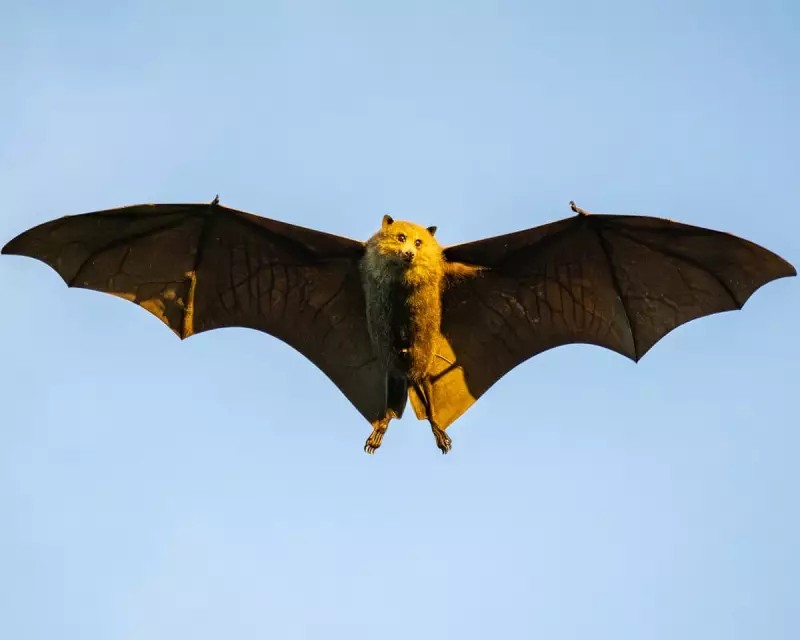
With its endearing, fox-like face and substantial wingspan, the golden-crowned flying fox cuts a unique figure in the animal kingdom. But behind its 'chonky' and cute appearance lies a terrifying reality: scientists fear this magnificent megabat could be wiped out by a single, severe weather event.
New research reveals the precarious existence of this critically endangered species, whose entire population is confined to a handful of tiny islands in the Philippines. The very climate forces that shape its tropical home now pose the most immediate threat to its survival.
A Perfect Storm of Threats
The situation for Acerodon jubatus is dire. Its population has plummeted by over 70% in recent decades due to rampant hunting and habitat destruction. Now, climate change is writing a new and alarming chapter in its fight for survival.
"These bats are living on a knife-edge," explains lead researcher Dr. Maria Rodriguez. "Their population is so small and localised that a direct hit from a super typhoon could be catastrophic. The strong winds could literally blow them out of the sky and destroy the roosting trees they depend on."
The Fragile Stronghold
The entire known global population of these flying foxes clusters on just a few small islands, with the largest group found on Boracay island. This extreme concentration makes them uniquely vulnerable.
Unlike more mobile species, these bats have shown little inclination to relocate, even as their habitat degrades. They remain fiercely loyal to their established roosts, a behaviour that now threatens to be their undoing as typhoons become more intense and frequent.
A Race Against Time
Conservationists are now in a desperate race to implement emergency measures. Proposals include:
- Creating artificial roosts designed to withstand extreme weather
- Establishing a captive breeding programme as an insurance population
- Working with local communities to protect remaining forest fragments
- Developing early warning systems to monitor approaching storms
"We're watching a tragedy unfold in slow motion," laments Dr. Rodriguez. "This isn't just about losing a species; it's about losing a vital pollinator and seed-disperser that entire ecosystems depend upon. Their extinction would ripple through the forests of the Philippines."
The fate of the golden-crowned flying fox serves as a stark warning of how climate change is exacerbating existing threats to biodiversity, pushing already vulnerable species to the very brink of oblivion.





